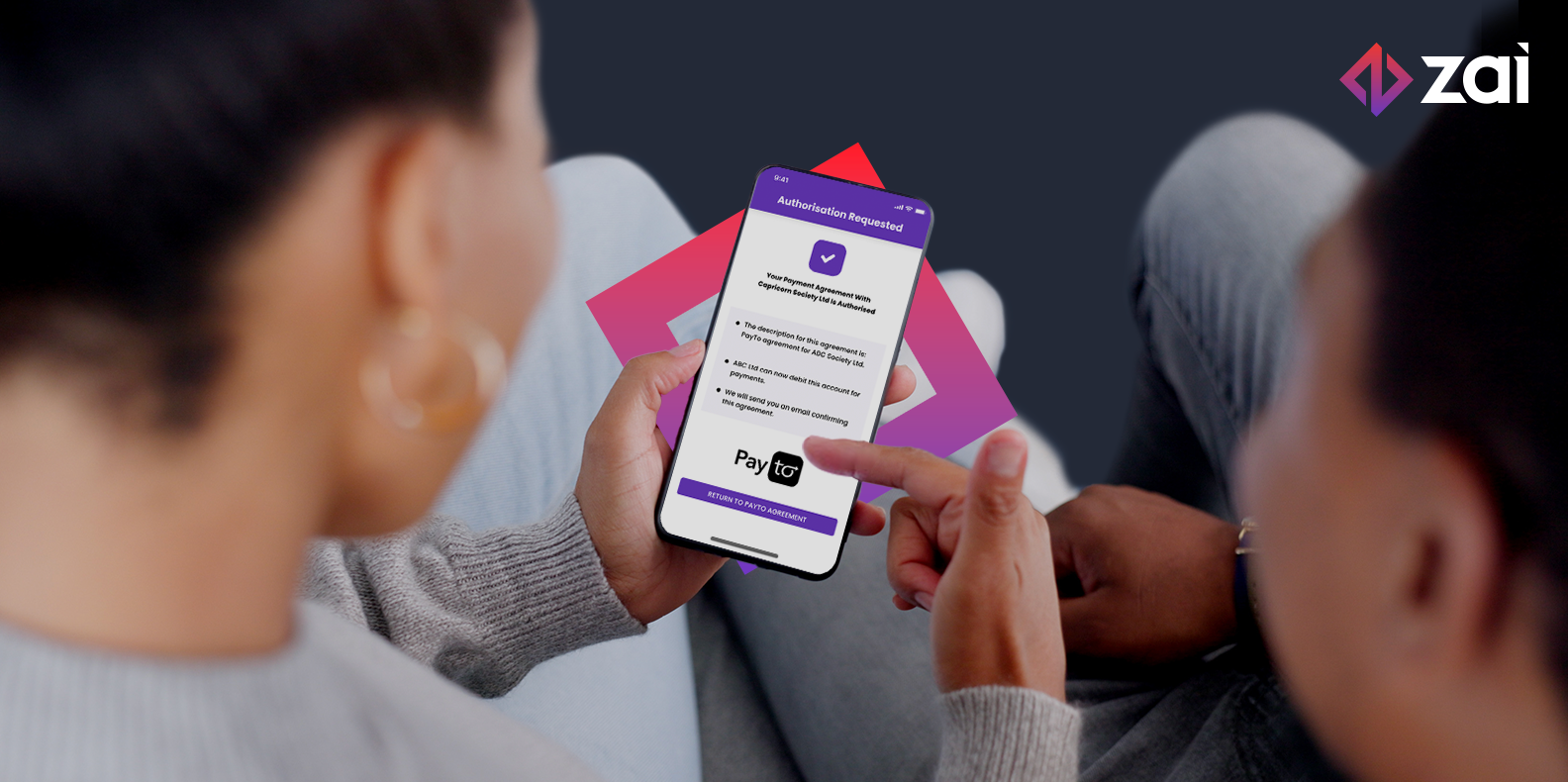Of the main options for electronic bank-to-bank transfers in the UK, the oldest payment scheme is Bacs, short for Bankers' Automated Clearing Services (latterly System), which made its debut in 1968. Since 2018, Bacs has been part of Pay.UK, the UK’s leading retail payments authority. To date, Bacs has processed more than 140 billion payments, and in 2020 alone processed 4.5 billion direct debit and 1.9 billion direct credit payments.
Direct debit vs direct credit payments
Consumers and businesses can make two types of payments with Bacs.
Direct debit (DD)
Customers instruct their bank to make one-off or recurring payments to a third party. This is the service used by 8 out of 10 people in the UK for paying utility bills, insurance premiums, charity donations and regular subscriptions. The advantage of direct debit is that it offers “set and forget” simplicity. Once the account holder has authorised the transfer, they do not have to worry about missing or forgetting a payment. It’s flexible too. Payments could be for a fixed amount (eg. subscription) or for a varying sum (eg. utility bills and phone contracts).
Direct credit (DC)
With direct credit, any UK business can deposit regular or one-off payments into another bank or building society account. It’s the service most commonly used to pay salaries, pensions, suppliers and tax credits. Roughly 90% of UK employees are paid by Bacs direct credit.
Both direct debit and direct credit offer businesses a frictionless, reliable and secure way to send and receive money. There are some compelling benefits too for businesses to request payments by direct debit over other methods, such as credit card, cash, or cheque.
The advantages of direct debit
Bacs enjoys a reputation as a safe and trusted service. As the oldest scheme in operation, it’s the most familiar to businesses and consumers alike, with some other clear benefits:
Safe - transfers are covered by the Direct Debit Guarantee, which protects account holders in the event of fraudulent or erroneous transactions.
Affordable - Bacs incurs a lower cost per transaction compared to credit and debit cards, which is typically 3% or more.
Timely - setting up direct debit payments puts the business in control, automating the process of chasing up payments and overriding the problem of late or missed payments. Given that over 50,000 UK small businesses cease trading each year solely because of late payments, direct debits significantly ease the pressure on cash flow.
Convenient - account holders need only set up a direct debit once, saving time and reducing the risk of missing a payment inadvertently.
How to set up a Bacs direct debit
All you need to start making direct debit payments is grant bank authorisation, courtesy of a completed direct debit mandate. The customer simply has to provide their bank with the account holder name, sort code and account number for the payee, review the details (including the payment schedule), and confirm the direct debit.
If speed is a factor for your business, it’s important to note that direct debit takes three to five days to process, making it one of the slower methods for money transfers. If you’re looking for a faster service, FPS might be more appropriate.
How businesses can accept direct debit payments
Businesses can set up direct debit collections through their bank, a direct debit bureau, or a payments provider such as Zai.
Bank
For bank collections, the business will first need to meet their bank’s criteria for receiving payments into their account through the Bacs scheme and agree to the scheme rules. Banks are obliged to perform routine integrity and financial standing checks. Using Bacs-approved software is one such requirement. The easiest option is to use Bacs’ own Bacstel-IP software which offers robust, secure socket layer (SSL) encryption.
Bureau
Businesses are also free to choose a Bacs-approved bureau. This offers the advantage of outsourcing direct debit processing to a partner who can manage all aspects of collections using state-of-the-art software. Some specialise in a particular niche (eg. hospitality or e-commerce) too. Using a third-party bureau frees up your resources to concentrate on growing your business rather than collecting payments.
Payment service provider
Using an approved third-party partner that specialises in processing payments for digital platforms using application programming interfaces (APIs) is the third option. It’s great for businesses looking to automate direct debit collections and free up back-office time. Another key advantage of third-party providers is that the business can set up and start receiving payments without necessarily having a merchant account.
How Zai drives business value from your Bacs payments
Thanks to Zai’s flexible, agile payment solution using single-integration APIs, your business can limit the complexity of payments and improve customer cashflow. Zai simplifies complex payment flows with a stable, scalable platform.
To find out how you can reduce late payments, improve flexibility, and cut your administrative and paperwork burden, speak to us about our exciting plans for Bacs payments in the UK in 2022.
In the meantime, find out just how important payments are to business success by downloading the white paper below.

.png?width=211&name=Cover%20(7).png)


